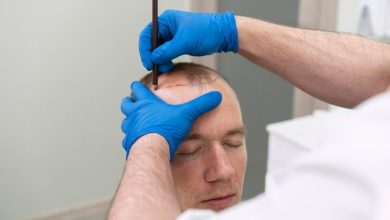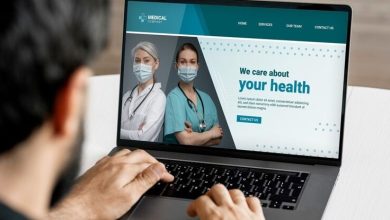Mini Stroke Recovery: Causes, Symptoms, and Prevention

You can think of a transient ischemic attack, also known as a mini stroke, as a warning stroke that signals a full stroke is possible. If you experience a mini stroke, it is essential that you reach out for help as soon as you can. But how do you recognize a mini-stroke, and what can you do about it?
What Is a Mini-Stroke?
A transient ischemic attack is a temporary stroke. It means there is a temporary loss of blood flow to certain parts of your brain. A mini stroke is similar to a full stroke when it comes to symptoms. You can experience a variety of symptoms, including:
- Slurred speaking
- One-sided weakness or paralysis
- Dizziness
- Blurred or double vision
- Facial droop
- Nausea
- Neck stiffness
- Personality changes
- Memory loss
- Confusion
Mini-strokes and full strokes occur for the same reasons. These include having a blood clot form in the brain or having a fragment of a clot that formed somewhere else in the body move to the brain. A small vessel blockage can also cause it.
Recovery and Prevention
Recovering from a mini stroke tends to be spontaneous, so you likely won’t need therapeutic rehab. What you do need to do, however, is focus on preventing a full stroke. It is important to focus on lowering your cholesterol levels, and usually, it also means starting to take anticoagulants.
It’s also the time to start making lifestyle adjustments, including quitting smoking, increasing exercise, dealing with illnesses like diabetes, and anything else that can increase your chances of having a stroke.
Consider Regenerative Medicine
If you’ve had a mini-stroke, turning to regenerative medicine options like stem cell therapy offers the chance to help prevent future issues. Talk to your doctor to see if this is a good addition to your current treatment.
This post was written by a medical professional at Stemedix Inc. At Stemedix we provide access to Regenerative Medicine, also known as Stem Cell Therapy in St Petersburg Florida. Regenerative medicine seeks to replace tissue or organs that have been damaged by disease, trauma, or congenital issues.




